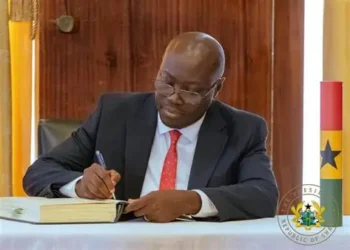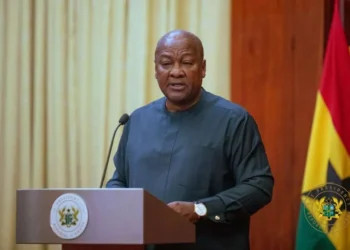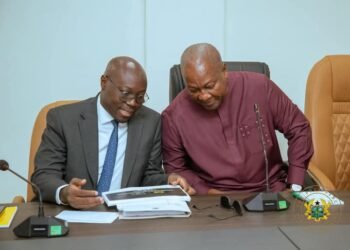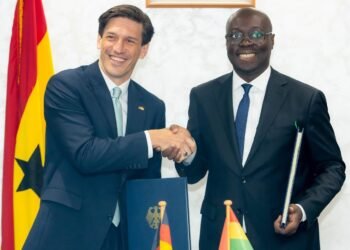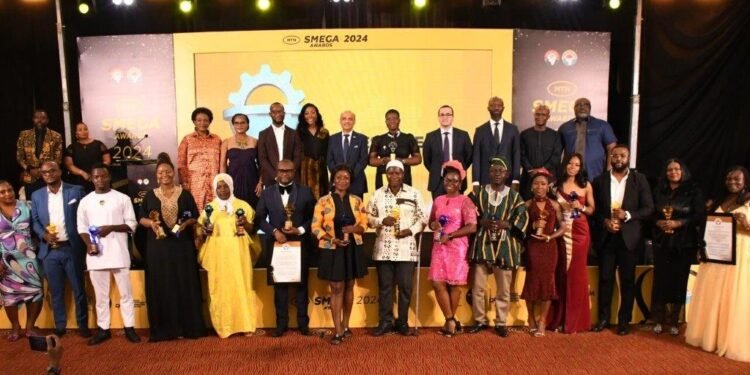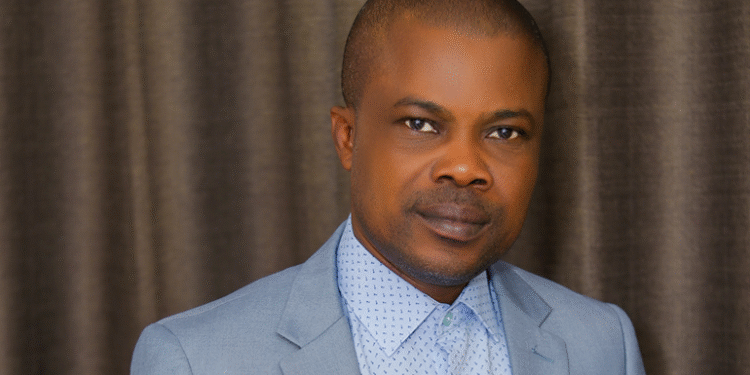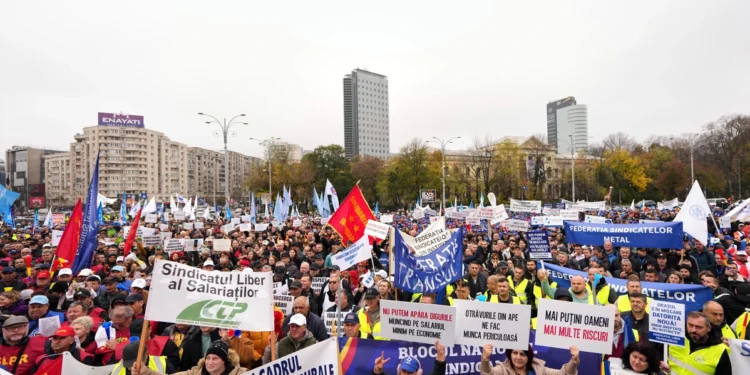Professor Godfred Bokpin, an Economist and Professor of Finance at the University of Ghana Business School (UGBS), has described Ghana’s economic orientation as one that rewards importation instead of promoting exports, warning that this structure will continue to undermine growth and competitiveness unless urgently reformed.
Speaking in an interview, Prof. Bokpin said Ghana’s current economic setup is “artificially designed to import” and not to build production capacity that can sustain exports.
“If you look at our economic orientation, it is not designed to favour exports. Everything we are doing here makes us more import driven. From policy to incentives to credit access the system rewards those who import, not those who produce”
Professor Godfred Bokpin, Economist and Lecturer at the University of Ghana Business School
Prof. Bokpin explained that Ghana’s financial and trade policies have for years tilted toward consumption as credit allocation, taxation, and even fiscal planning are shaped in a way that keeps local production weak.
“Our financial system does not support production. When you go to the banks, you’ll see that the majority of credit goes to importers, traders, and service providers. Very little goes to the people producing or adding value locally”
Professor Godfred Bokpin, Economist and Professor of Finance at the University of Ghana Business School

He added that this orientation has distorted priorities, making it easier for Ghana to import basic goods that could be produced domestically. “We have an economy that celebrates consumption and importation as signs of progress,” he said. “But that model only makes us dependent.”
Internal Weaknesses
Commenting on Ghana’s ongoing economic discussions with China, Prof. Bokpin said such partnerships can only work if Ghana fixes its internal weaknesses.
“Even if China opens its market fully to us, what will we export? Our productive base is weak. We import almost everything, so we are not positioned to take advantage of such opportunities”
Professor Godfred Bokpin, Economist and Professor of Finance at the University of Ghana Business School
He explained that under World Trade Organization (WTO) rules, China, as a developing country, can offer trade concessions to Least Developed Countries (LDCs) without expecting reciprocity. However, since Ghana is classified as a developing country, the relationship must be reciprocal.
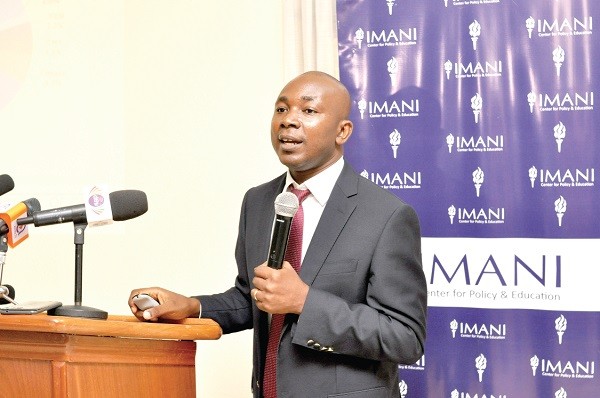
“Ghana is not an LDC – we must also offer something in return. But the real issue is that we don’t have much to offer in terms of export,” the professor emphasized.
He added that Ghana’s problem is not just with trade laws but with national priorities, arguing that successive governments have “focused on short term revenue generation instead of long-term industrialisation.”
“Our policies are election driven, not production driven. We plan around political cycles, not economic transformation. Until we move from political budgeting to economic planning, we will continue to run in circles”
Professor Godfred Bokpin, Economist and Professor of Finance at the University of Ghana Business School
He criticised the absence of consistent industrial policy, pointing out that even local initiatives aimed at value addition often collapse because of high interest rates, unreliable energy supply, and unstable currency.
“It’s difficult to produce in Ghana,” he explained, citing cheap imports as the main reason why businesses will continue to import, since Ghana’s system does not penalize but rather rewards such practices. “The cost of power, logistics, and credit makes local production unattractive.”
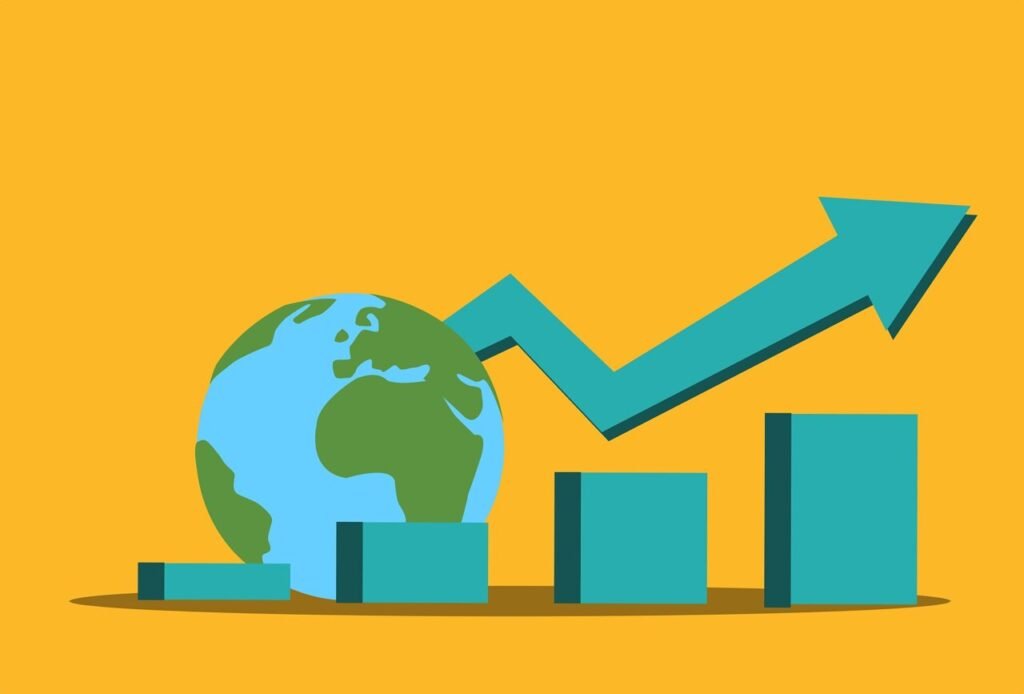
Sustainable Turnaround
According to Prof. Bokpin, a sustainable turnaround will require a fundamental shift in orientation one that deliberately supports export led growth through policy, infrastructure, and education.
“We need to start asking: what do we produce, and how do we sell it competitively? He quizzed, warning that failure to change direction would inevitably damage the country’seconomic trajectory, where no free trade agreements or bilateral partnerships will be of help.
He added that Ghana’s economic future depends on productivity, not promises. “An economy that imports everything can’t grow sustainably,” he said. “We must build an export culture grounded in value addition, not in rhetoric.”
Prof. Bokpin concluded with a blunt message to policymakers: real transformation will be birthed when production is no longer treated as a campaign slogan but rather as the backbone of Ghana’s economy.
“The countries we admire didn’t talk their way into prosperity they produced their way there,” the economist emphasized.
READ ALSO: Fan Milk, Guinness Lead GSE Rally as Market Cap Hits GHS167 Billion Milestone




